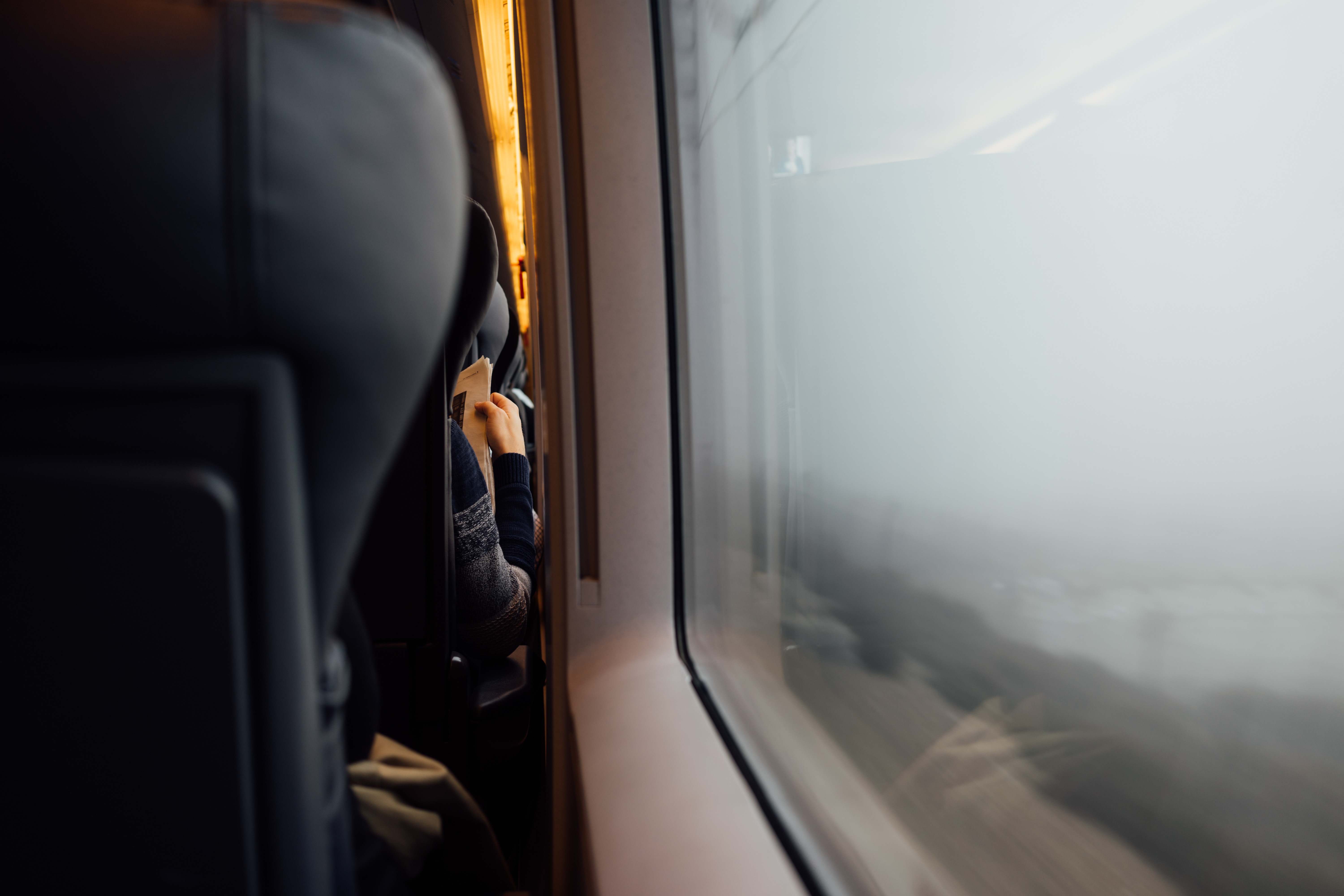Here's our weekly round-up of the latest and greatest education, making and learning news.
Be kind, curious and brave. A survival guide to the 21st century
"So, over two years, we have investigated the future of learning. The journey has taken us from our base at New York University Abu Dhabi to the halls of Oxford University, from the British Library to the Mumbai innovators seeking to digitalise all educational content, and from the refugee camps of the Beqaa Valley to the new frontier startups of Silicon Valley. It has led us from podcast and research interviews to brainstorming sessions on the future of the university to hackathons with students on the curriculum they want."
Towards Global Learning Goals has released a new report on why humanity faces an existential challenge, what we need to learn, how we can get there, and who is leading the way.
Artificial intelligence and children
“While schools and parents are starting to recognize coding as one of the required literacies for children, I believe it’s important to also introduce young people to the concepts of AI and machine learning through hands-on projects so they can make more informed and critical use of these technologies.”
Kids, 7-10 years old, are using a new platform to teach computers. Cognimates uses games and robot training programs to create AI models by connecting with its participants. When kids play with Cognimates, the program gets more accurate with how it responds to people while the kids gain more understanding about how AI works.
The term 'curriculum' and why we’re not keen - in 90 seconds

This week, The National Association for Primary Education's podcast shares an extract from a lecture ‘On the Curriculum’ from 28th January 1958 by Christian Schiller.
Cambridge researchers use fleet of mini cars for cooperative driving experiments
Researchers from the University of Cambridge have tasked a fleet of 16 Ackermann-steering vehicles for use in cooperative driving experiments and autonomous control strategies.
Developing and building true-scale facilities are costly so rather than using actual vehicles, the researchers designed a fleet of “Minicars,” each powered by a Raspberry Pi Zero W, forward drive train, micro servos, L293D H-bridge, and AA batteries for power.
Tom Fletcher explains why we need a learning revolution
Quote of the week

Art gallery + augmented reality
Artists Claire Bardainne and Adrien Mondot created Mirages & Miracles, an installation at France’s Scène Nationale Albi that mixes art and augmented reality.
Crew demo-1 mission
On March 2, SpaceX launched Crew Dragon’s first demonstration mission from Launch Complex 39A (LC-39A) at NASA’s Kennedy Space Center in Florida. This test flight without crew on board the spacecraft is intended to demonstrate SpaceX’s capabilities to safely and reliably fly astronauts to and from the International Space Station as part of NASA’s Commercial Crew Program.
Want to read more? Check our previous ‘best of the web’ reading list.
